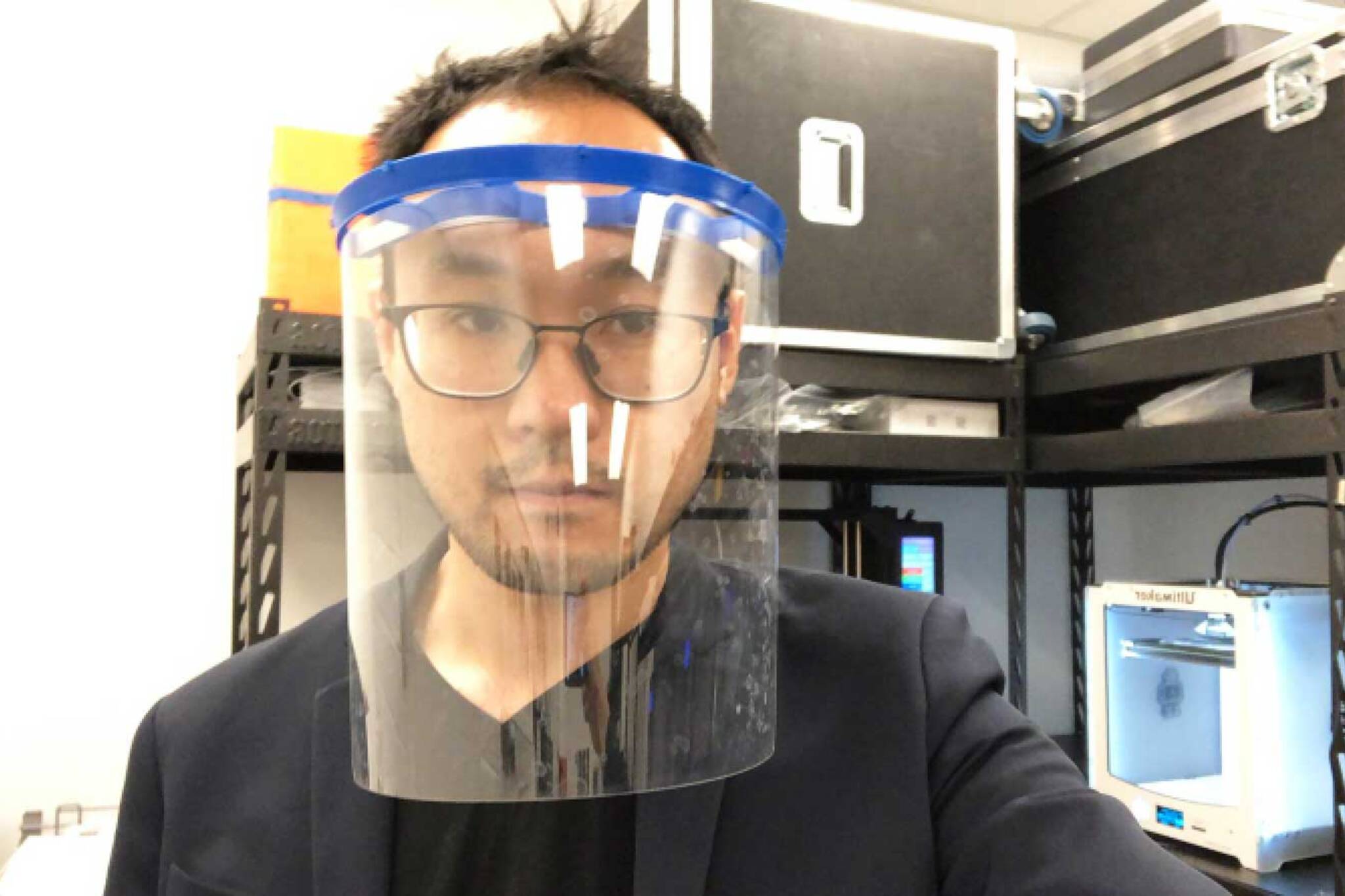
Toronto Public Library loans 3D printers to hospital to make face shields for healthcare workers
As local businesses across the city continue to step up to help produce personal protective equipment (PPE) for the fight against COVID-19, the Toronto Public Library is also doing their part.
The library just announced that they're temporarily donating 10 of their Ultimaker 2+ 3D printers to a team at Toronto General Hospital making personal protective equipment (PPE) for front-line healthcare workers.
TPL is providing 10 of the library's Ultimaker 2+ 3D printers for loan to a team at Toronto General Hospital to support their efforts to produce personal protective equipment (PPE) for frontline healthcare workers fighting the COVID-19 pandemic. https://t.co/vudG5mmRyq pic.twitter.com/400IZXdwSU
— Toronto Public Library (@torontolibrary) March 27, 2020
The team at the Lynn and Arnold Irwin Advanced Perioperative Imaging Lab (APIL) department is developing face shields using elements that have been 3D printed, including plastic, Mylar and elastic.
The shields cover the entire face, making them ideal protectants from the respiratory droplets that are said to spread COVID-19.
According to the TPL, Ryerson FCAD, Objex Unlimited and Mosaic Manufacturing and Autodesk have all provided the team at Toronto General Hospital with several 3D printers to help increase the production of the face shields.
Other Ontario libraries, such as those in Kitchener and Stratford, have also agreed to loan their 3D printers to PPE production efforts.
And at Queen's University, medical students have taken it upon themselves to make their own PPE using 3D printing.
Joshua Hiansen
Latest Videos
Latest Videos
Join the conversation Load comments







